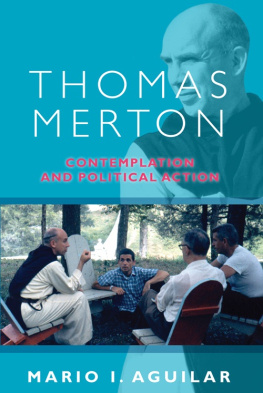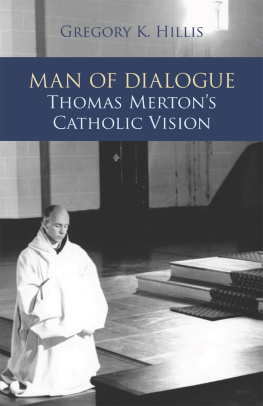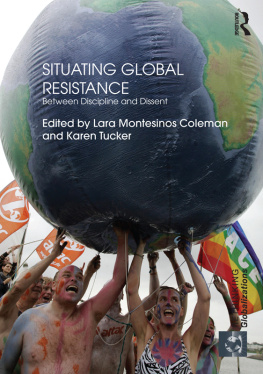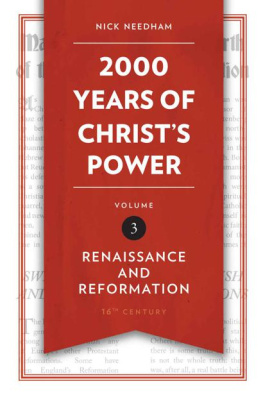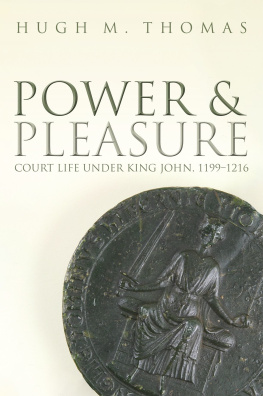A DIALOGUE OF COMFORT AGAINST TRIBULATION

Thomas More
DOVER PUBLICATIONS, INC.
MINEOLA, NEW YORK
DOVER THRIFT EDITIONS
GENERAL EDITOR: SUSAN L. RATTINER
EDITOR OF THIS VOLUME: TERRI ANN GEUS
Bibliographical Note
This Dover edition, first published in 2016, is an unabridged republication of the work originally published by Sheed and Ward, Ltd., London and New York, in 1951.
Library of Congress Cataloging-in-Publication Data
Names: More, Thomas, Saint, 14781535.
Title: A dialogue of comfort against tribulation / Thomas More.
Description: Dover edition. | Mineola, New York : Dover Publications, 2016. | Reprint of: London ; New York : Sheed and Ward, 1951.
IdentifIers: LCCN 2016021038 | ISBN 9780486811178 (paperback) | ISBN 0486811174 (paperback)
Subjects: LCSH: ConsolationEarly works to 1800. | BISAC: RELIGION / Christian Life / Death, Grief, Bereavement. | RELIGION / Christian Life / Inspirational.
ClassifIcation: LCC BV4905.3 .M66613 2016 | DDC 248.8/6dc23 LC record available at https://lccn.loc.gov/2016021038
Manufactured in the United States by RR Donnelley
81117401 2016
www.doverpublications.com
NOTE
This edition of the Dialogue of Comfort has been transscribed from the 1557 version as it appears in Everyman's Library. The Everyman edition is heartily recommended to readers who would like to taste the dialogue in its original form.
The first plan was to change only the spelling. It soon became evident that the punctuation would have to be changed to follow present usage. The longest sentences were then broken up into two or three, and certain others were rearranged into a word order more like that of today. Nothing was omitted, however, and nothing was added except relative pronouns, parts of "to be," and other such neutral connectives. Finally, obsolete words were changed to more familiar equivalents except when they were entirely clear and too good to lose. Thus "wot" became "know" but "gigglot" and "galp up the ghost" were retained. Words that have come to have a quite different meaning for us, such as "fond" and "lust" were replaced by less ambiguous oneswherever possible, by ones that More himself used elsewhere.
The text has not been cut or expanded, re-interpreted or edited. Any transcription seems to involve some interpretation, conscious or otherwise, but an effort has been made to keep it to a minimum. Passages that seemed to make no sense have therefore been left unaltered. If other readers find solutions for them their suggestions will be welcomed.
This is not in any sense a scholarly piece of work. That would require a very different method, as well as a far more thorough knowledge of sixteenth-century English. It would be a most commendable undertaking, but it might result in an edition for the learned. This one is for everyone who has the two essentials, faith and intelligence, presupposed by Anthony in Chapter II.
MONICA STEVENS
Middlebury, Vermont.
Feast of St. Benedict, 1950.
CONTENTS
BOOK ONE
VINCENT: Who would have thought, O my good uncle, a few years past, that those in this country who would visit their friends lying in disease and sickness would come, as I do now, to seek and fetch comfort of them? Or who would have thought that in giving comfort to them they would use the way that I may well use to you? For albeit that the priests and friars be wont to call upon sick men to remember death, yet we worldly friends, for fear of discomforting them, have ever had a way here in Hungary of lifting up their hearts and putting them in good hope of life.
But now, my good uncle, the world is here waxed such, and so great perils appear here to fall at hand, that methinketh the greatest comfort a man can have is when he can see that he shall soon be gone. And we who are likely long to live here in wretchedness have need of some comforting counsel against tribulation to be given us by such as you, good uncle. For you have so long lived virtuously, and are so learned in the law of God that very few are better in this country. And you have had yourself good experience and assay of such things as we do now fear, as one who hath been taken prisoner in Turkey two times in your days, and is now likely to depart hence ere long.
But that may be your great comfort, good uncle, since you depart to God. But us of your kindred shall you leave here, a company of sorry comfortless orphans. For to all of us your good help, comfort, and counsel hath long been a great staynot as an uncle to some, and to others as one further of kin, but as though to us all you had been a natural father.
ANTHONY: Mine own good cousin, I cannot much deny but what there is indeed, not only here in Hungary but also in almost all places in Christendom, such a customary manner of unchristian comforting. And in any sick man it doth more harm than good, by drawing him in time of sickness, with looking and longing for life, from the meditation of death, judgment, heaven, and hell, with which he should beset much of his timeeven all his whole life in his best health. Yet is that manner of comfort to my mind more than mad when it is used to a man of mine age. For as we well know that a young man may die soon, so are we very sure that an old man cannot live long. And yet there is (as Tully saith) no man so old but that, for all that, he hopeth yet that he may live one year more, and of a frail folly delighteth to think thereon and comfort himself therewith. So other men's words of such comfort, adding more sticks to that fire, shall (in a manner) quite burn up the pleasant moisture that should most refresh himthe wholesome dew, I mean, of God's grace, by which he should wish with God's will to be hence, and long to be with him in Heaven.
Now, as for your taking my departing from you so heavily (as that of one from whom you recognize, of your goodness, to have had here before help and comfort), would God I had done to you and to others half so much as I myself reckon it would have been my duty to do! But whensoever God may take me hence, to reckon yourselves then comfortless, as though your chief comfort stood in metherein would you make, methinketh, a reckoning very much as though you would cast away a strong staff and lean upon a rotten reed. For God is, and must be, your comfort, and not I. And he is a sure comforter, who (as he said unto his disciples) never leaveth his servants comfortless orphans, not even when he departed from his disciples by death. But he both sent them a comforter, as he had promised, the Holy Spirit of his Father arid himself, and he also made them sure that to the world's end he would ever dwell with them himself. And therefore, if you be part of his flock and believe his promise, how can you be comfortless in any tribulation, when Christ and his Holy Spirit, and with them their inseparable Father, if you put full trust and confidence in them, are never either one finger-breadth of space nor one minute of time from you?
VINCENT: O, my good uncle, even these selfsame words, with which you prove that because of God's own gracious presence we cannot be left comfortless, make me now feel and perceive how much comfort we shall miss when you are gone. For albeit, good uncle, that while you tell me this I cannot but grant it for true, yet if I had not now heard it from you, I would not have remembered it, nor would it have fallen to my mind. And moreover, as our tribulations shall increase in weight and number, so shall we need not only one such good word or twain, but a great heap of them, to stable and strengthen the walls of our hearts against the great surges of this tempestuous sea.
Next page






